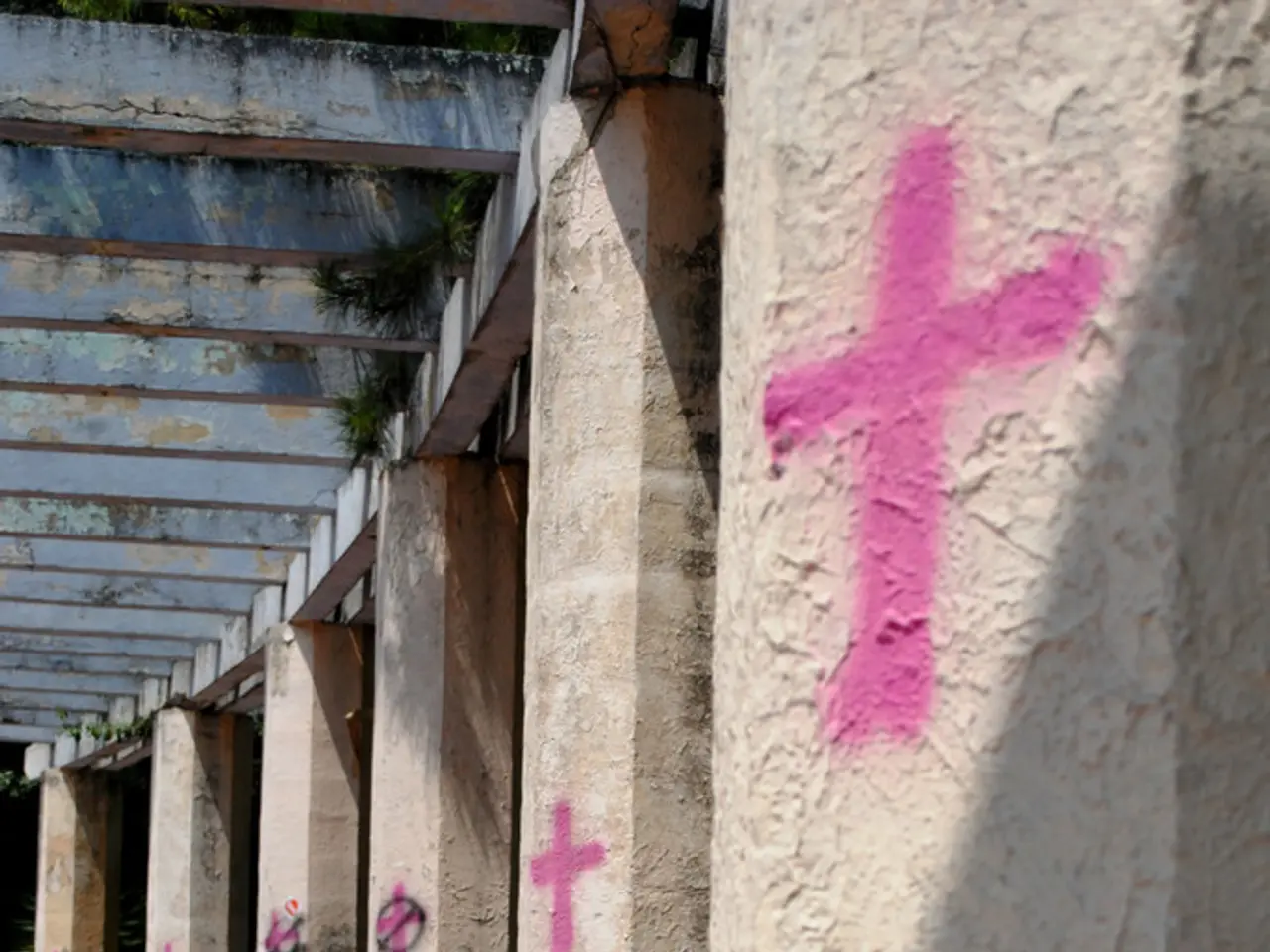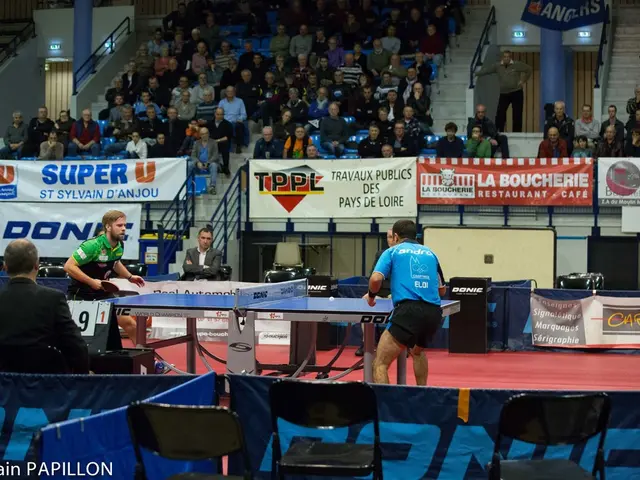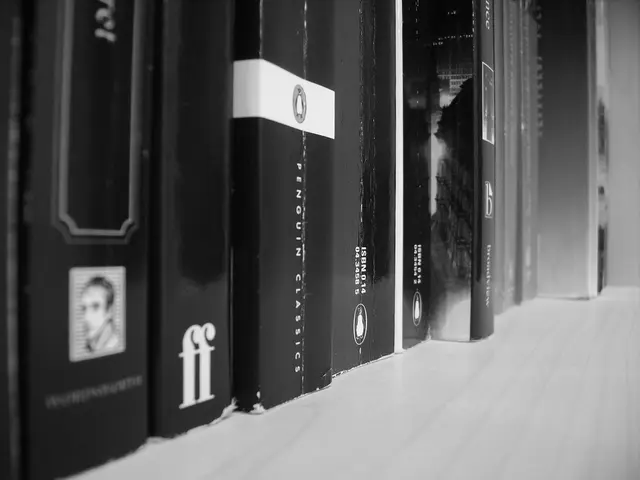Europe faces potential drifting away if it departs from its Christian foundations, religious leaders caution
In a joint effort to address the challenges facing Europe, twelve delegates from the Council of European Bishops' Conferences (CCEE) and twelve representatives of Orthodox Churches in Europe gathered for the 5th European Catholic-Orthodox Forum in Paris last February. The theme of the forum, "Europe in fear of the threat from fundamentalist terrorism, and the value of human person and religious freedom," was a poignant reflection of the current climate.
The leaders of the religious gatherings invited all young people to commit themselves to building a fraternal world that excludes no one. They noted that many forces are currently at work that seek to marginalize or eliminate religion from the public square, and they expressed concern about the effect that some concepts of secularism are having on the young people of Europe, leading to religious illiteracy.
The leaders underscored the importance of migrants peacefully integrating into their host countries, and these countries respecting the religious and human rights of all people. They emphasized that Europe's Christian roots provide it with a universalist vision, a notion of the dignity of the human person, and moral principles.
Cultural relativism, devoid of truth or moral good, was criticized as it leads to division among human beings. The leaders believe that Europe needs the breath of faith in Christ and the hope that it provides to maintain peace. They also highlighted that Christianity is viewed as a marker of identity that does not deny others their human rights.
The Catholic and Orthodox leaders issued a joint statement urging Europeans to remember their Christian roots. They noted that if disconnected from its roots, Europe risks drifting, and the emptiness within especially exposes the youngest people to the worst temptations. The leaders stressed the need for Europe to engage in dialogue with people of different faiths and return to its Christian roots to maintain peace.
The forum also addressed the issue of radicalized terrorists, often distraught young people who see violence as an outlet and a way to exact revenge. The leaders focused on the effects that terrorism and extreme secularization have on young people. They warned that ignoring the religious heritage of Europe can lead to unintentional discrimination and persecution within societies that claim to be open.
The leaders welcomed the concept of pluralistic societies, stating that the long Christian tradition has taught that the Gospel of Jesus can bring people of every origin together. They concluded that Christianity reconciles all the personal and social dimensions found in the human person.
The 5th European Catholic-Orthodox Forum was organized by the European Catholic-Orthodox Forum itself, with the specific organizing institution not clearly stated in the search results. The joint statement was issued during the forum, marking a significant step towards religious unity and solidarity in Europe.
Read also:
- United States tariffs pose a threat to India, necessitating the recruitment of adept negotiators or strategists, similar to those who had influenced Trump's decisions.
- Weekly happenings in the German Federal Parliament (Bundestag)
- Southwest region's most popular posts, accompanied by an inquiry:
- Discussion between Putin and Trump in Alaska could potentially overshadow Ukraine's concerns







